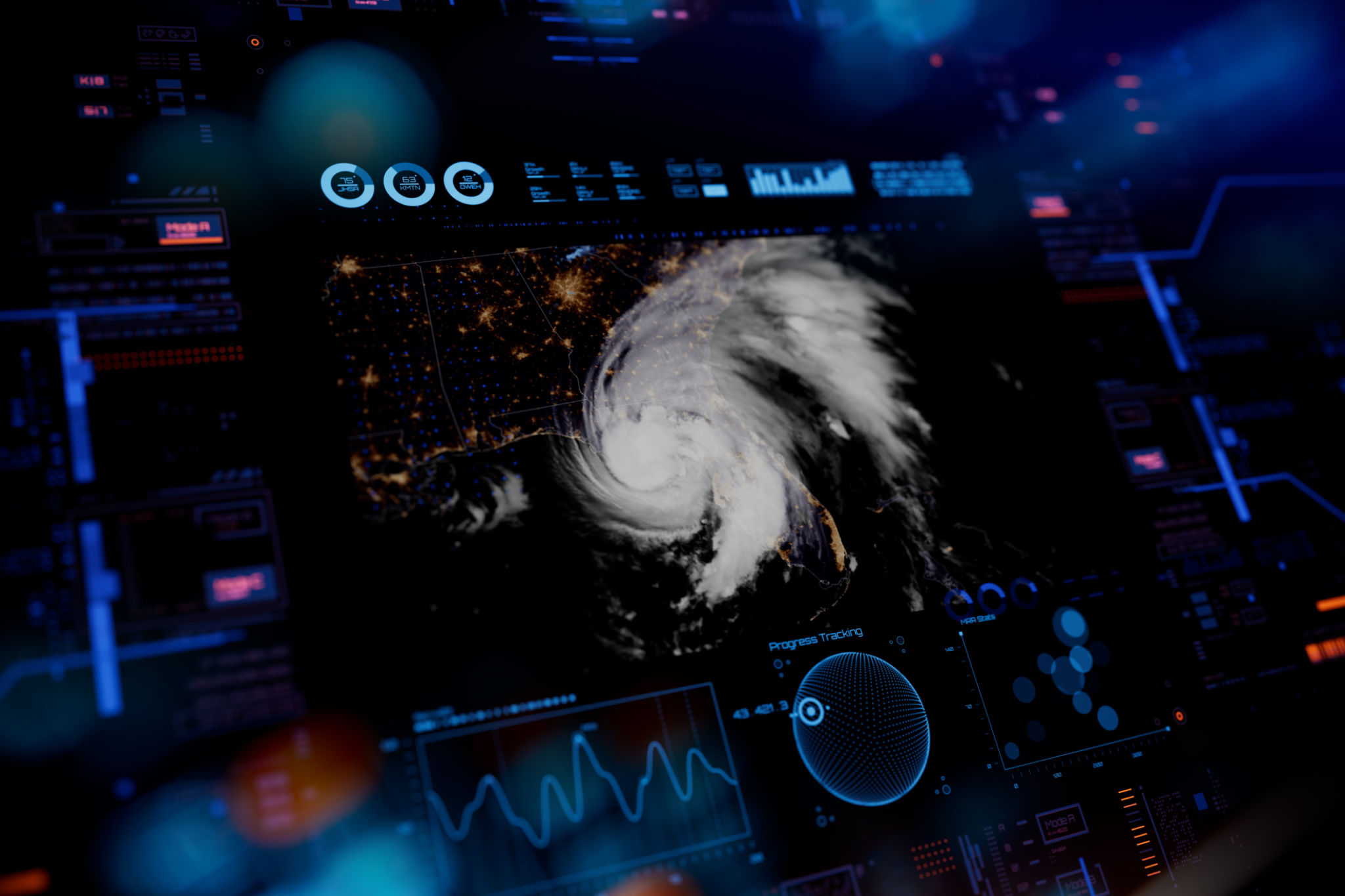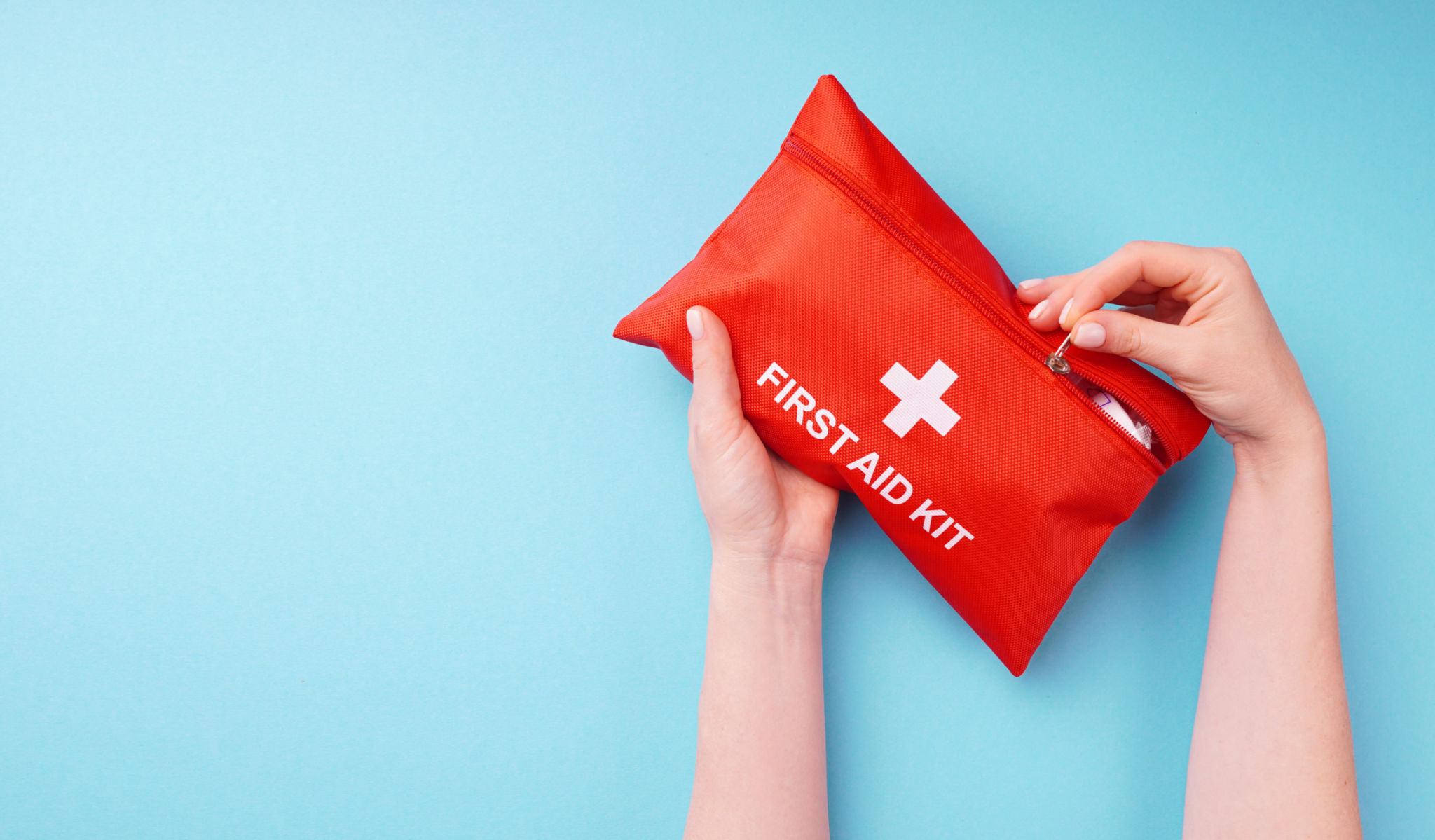Preparing Your Lake County Home for Hurricane Season: Essential Tips
Understanding Hurricane Risks in Lake County
Lake County, while not directly on the coast, is still vulnerable to the impacts of hurricanes. These powerful storms can bring heavy rains, strong winds, and even tornadoes. Preparing your home for hurricane season is crucial to minimize damage and ensure the safety of your family.

Secure Your Home's Exterior
One of the first steps in preparing for hurricane season is to inspect and secure the exterior of your home. Start by examining your roof for loose or damaged shingles and repair any issues. This will help prevent water from seeping into your home during heavy rains. Additionally, ensure that gutters and downspouts are clear of debris to allow for proper drainage.
Don't forget to check windows and doors. Installing storm shutters or reinforcing them with plywood can provide additional protection against high winds. Also, consider trimming trees and shrubs around your property to reduce the risk of branches breaking off and causing damage.
Create an Emergency Kit
An essential part of hurricane preparedness is having an emergency kit ready. This kit should include basic supplies that will last each family member for at least 72 hours. Important items to include are:
- Water (one gallon per person per day)
- Non-perishable food
- First aid supplies
- Flashlights and extra batteries
- Essential medications
- Important documents in a waterproof container

Review Your Insurance Policies
Before hurricane season hits, review your homeowner's insurance policy to ensure you have adequate coverage. Standard policies may not cover flood damage, so consider purchasing additional flood insurance if necessary. It's also a good idea to document your home's contents with photos or videos, which can be helpful when filing an insurance claim.
Prepare an Evacuation Plan
In the event of a severe hurricane, evacuation may become necessary. It is important to have a clear evacuation plan in place for your family. Identify multiple routes out of your area and choose a designated meeting spot in case family members become separated.
Make sure your vehicle is in good working condition and keep the gas tank full during hurricane season. Having a list of pet-friendly accommodations is also crucial if you have pets, as many shelters do not allow animals.

Stay Informed
Staying informed about weather conditions during hurricane season is vital. Sign up for local alerts and have a battery-powered or hand-crank radio on hand to receive updates if the power goes out. Understanding the terminology used in weather forecasts, such as the difference between a hurricane watch and warning, can also help you make timely decisions.
Protect Your Home's Interior
While much of the focus is on protecting the exterior, don't neglect the interior of your home. Move valuable items to higher ground if flooding is a risk. Consider investing in surge protectors to safeguard electrical appliances from power surges due to lightning or grid disruptions.
If you have a generator, ensure it’s in working order and that you understand how to operate it safely. Generators can be a critical resource in maintaining power during outages, but they must be used with caution to prevent hazards like carbon monoxide poisoning.
Community Involvement
Preparing for hurricane season is not just about individual safety but also community resilience. Engage with your neighbors to share resources and information. Community groups can often provide assistance with tasks like boarding up windows or clearing debris post-storm.

